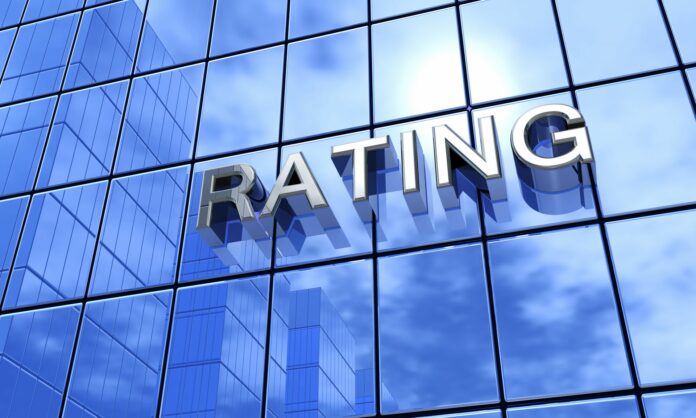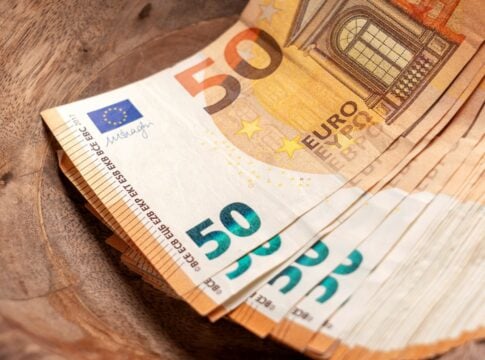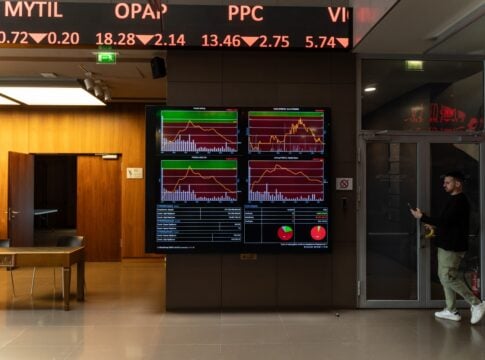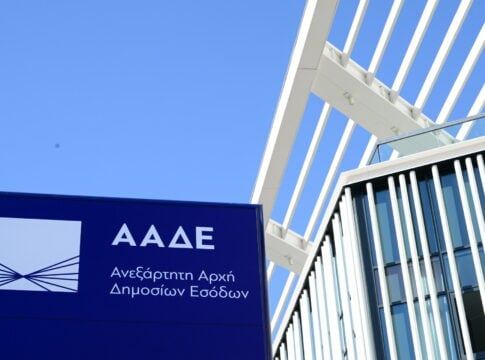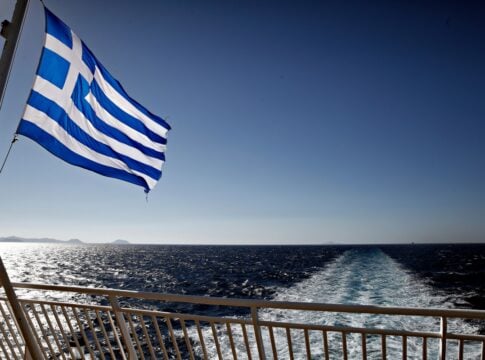The first announcement by the DBRS rating agency on the Greek economy is expected on Friday.
The agency places Greece in the BBBL category with a positive outlook. If it proceeds with an upgrade of Greece’s credit rating, then Greece’s credit rating will be one notch above investment grade.
However, Moody’s decision on March 14 is of greater interest to the Greek side, as it is the only agency that maintains Greece’s credit rating one notch below investment grade with a positive outlook.
As DBRS recently pointed out, Greece is among the countries in Europe that have a positive outlook, which means that possible upgrades cannot be ruled out. Therefore, each rating has its own value as they give their own message about the Greek economy amid intense uncertainty due to economic, geopolitical, political and trade changes.
Just a few days ago, DBRS Morningstar reported on the strong credit profile of the four systemic Greek banks (Alpha Bank, Eurobank, National Bank of Greece and Piraeus Bank). As it reported, the total net profits of these banks amounted to 4.3 billion euros in 2024, recording an increase of 18% compared to 2023.
Waiting for Moody’s
Last September, the rating agency Moody’s upgraded the outlook for the Greek economy from “stable” to “positive”. The aim is to bring Greece’s credit rating to investment grade. If it does not do so in March, the next scheduled rating is on September 12.
Executives from the US agency were in Athens in February and had contacts with government officials. Despite the positive climate that prevailed, the agency’s executives ‘kept their cards closed’. If it does not proceed with an upgrade next Friday, Moody’s next rating will be in September. All the other rating agencies will have preceded it in the meantime, with eyes turned to Standard & Poor’s in April.


